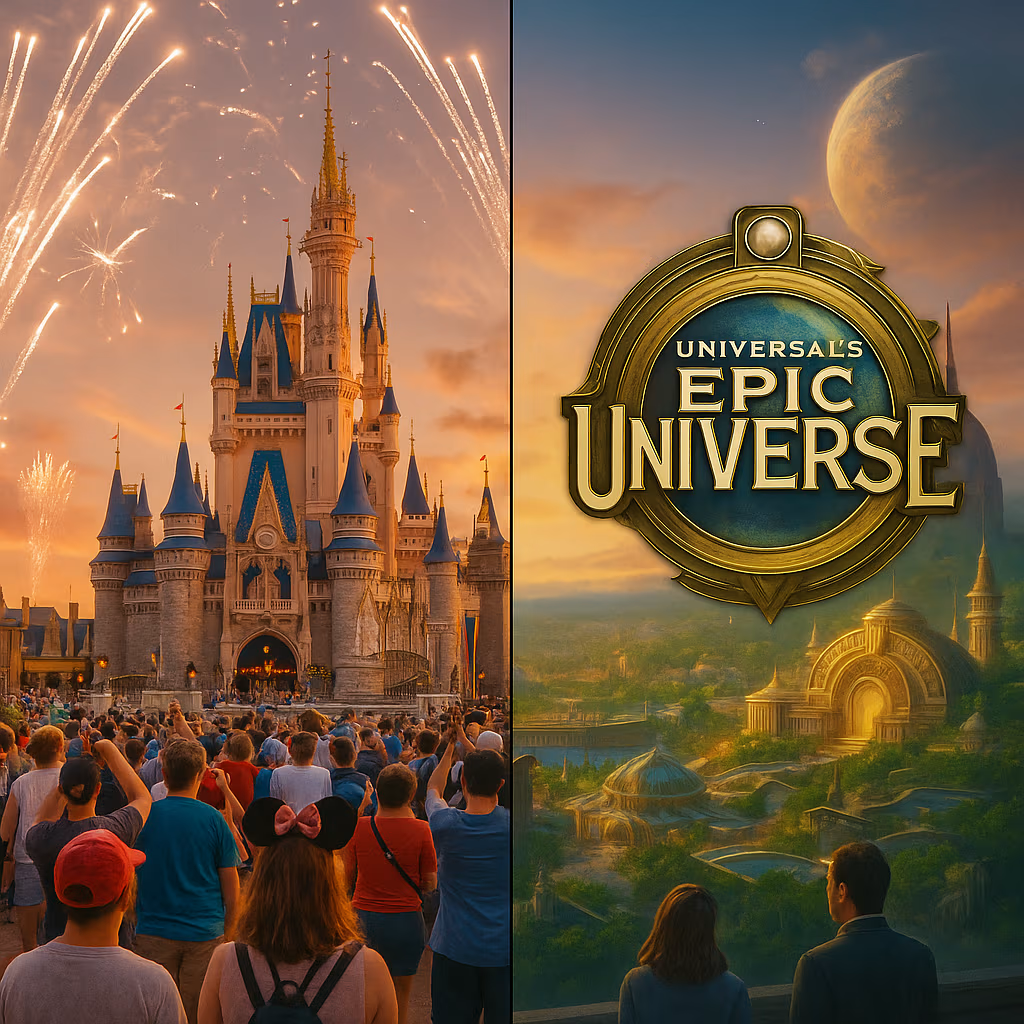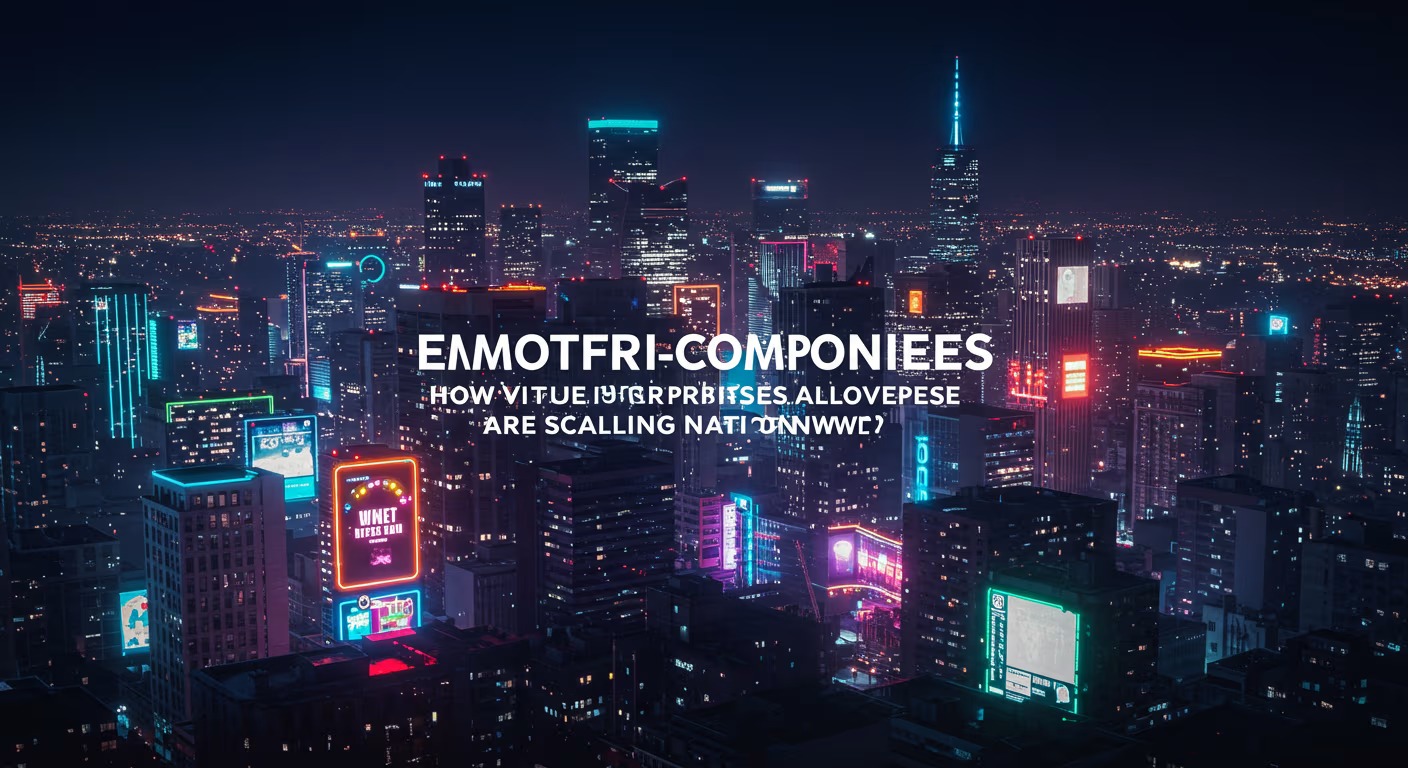In an entertainment landscape brimming with competition and shifting consumer habits, Walt Disney World has defied expectations. Despite the highly anticipated grand opening of Universal Orlando’s Epic Universe, Disney’s flagship Florida resort just posted a record-breaking quarter, reaffirming its dominance in the global theme park industry.
Analysts and industry insiders had predicted that Epic Universe — the most ambitious theme park expansion by Universal in over two decades — might siphon traffic and attention away from Disney’s Orlando stronghold. Yet Disney World not only held its ground; it thrived. This performance underscores the company’s strategic evolution in pricing, guest experience, and operational efficiency, even in the face of high-profile competition.
Disney’s Record Quarter: By the Numbers
In the latest quarterly earnings report, Disney Parks, Experiences and Products segment delivered its highest-ever domestic park revenue, led by robust performance at Walt Disney World Resort.
Highlights include:
- Revenue growth exceeding 12% year-over-year at Disney World.
- Operating income up 18%, reflecting strong per-guest spending.
- Record-high hotel occupancy rates across all on-site resorts.
- Guest satisfaction metrics reaching new peaks, driven by revamped ride experiences and mobile-first services.
These numbers are all the more impressive considering they were posted in the same quarter that Epic Universe officially opened its gates, drawing global media attention and thousands of curious guests.
What’s Behind Disney’s Success?
1. Dynamic Pricing and Reservation System
Disney’s park reservation system and tiered ticket pricing strategy — once controversial — are now proving effective in maximizing revenue per visitor. By controlling guest flow and encouraging longer stays during off-peak times, Disney has optimized both crowd management and profitability.
This data-driven approach helps Disney ensure that every visitor spends more, while experiencing less congestion — a formula that benefits both revenue and satisfaction.
2. Premium Experiences Are Selling
Despite inflation and rising travel costs, demand for premium Disney experiences remains strong. High-margin offerings such as:
- Genie+ and Lightning Lane add-ons
- Private VIP tours
- Upscale dining packages
- Exclusive merchandise releases
…are generating record per-capita spending. Disney’s ability to monetize emotional engagement — nostalgia, characters, and storytelling — continues to outperform traditional park economics.
3. Hotel and Resort Integration
Another key factor in Disney’s record quarter is the high occupancy and guest retention at its resort hotels. Bundled vacation packages, MagicBand+ integration, early park access, and immersive hotel themes (like Star Wars: Galactic Starcruiser prior to its closure) offer value beyond rides, anchoring guests to Disney’s ecosystem throughout their stay.
How Disney Handled the Epic Universe Launch
Universal’s Epic Universe is no small competitor. With immersive lands like Super Nintendo World, How to Train Your Dragon, and The Wizarding World of Harry Potter: Ministry of Magic, Epic Universe offers cutting-edge tech and deeply themed attractions aimed directly at the heart of Disney’s demographic.
But Disney anticipated this — and countered not with discounts, but confidence and consistency:
1. Content Refreshment Without Overhaul
Rather than rushing major overhauls, Disney focused on enhancing existing favorites. Updates to EPCOT (including CommuniCore Hall and Journey of Water), new shows like Luminous: The Symphony of Us, and improved park navigation tools all created fresh value without disorienting loyal visitors.
2. Story-Led Immersion Still Wins
While Epic Universe is heavy on spectacle and IP variety, Disney continues to lead in narrative cohesion. Attractions like Guardians of the Galaxy: Cosmic Rewind and TRON Lightcycle / Run seamlessly merge storytelling with tech, maintaining Disney’s edge in emotional immersion.
3. Loyalty and Membership Momentum
Disney’s sustained investment in its DVC (Disney Vacation Club), Annual Pass programs, and AP-exclusive events helped shore up loyalty during a period of intense competition. These high-value, repeat-visitor segments serve as a buffer against market churn — something Universal has less penetration in.
Consumer Behavior: Why Guests Keep Choosing Disney
Though Universal’s Epic Universe offers fresh attractions, Disney’s enduring strength lies in its multi-generational brand loyalty. Families continue to book Disney vacations not just for thrill rides, but for:
- Iconic experiences rooted in nostalgia
- A trusted brand that delivers consistent quality
- High-touch customer service and personalized planning tools
- A feeling of magic and memory-making that few competitors can replicate
What’s more, Gen Z and millennial parents are now creating their own Disney memories with kids — carrying forward traditions that reinforce the brand’s staying power.
The Bigger Picture: Disney’s Theme Park Strategy Is Working
In a time when Disney’s studio performance and streaming profitability have seen mixed results, parks are emerging as a financial cornerstone of the company. This record quarter proves that Disney’s pricing, tech adoption, and guest experience strategies are not only working — they’re scalable.
Meanwhile, Disney isn’t ignoring competition. While it held back in Q2, the company is preparing major expansions including:
- A new Avatar-themed land at Disneyland
- Beyond Big Thunder expansion at Magic Kingdom
- Ongoing Zootopia rollout globally
- Enhanced AR/VR experiences through Disney’s tech partners
These projects, combined with renewed focus on storytelling IP, suggest Disney is playing the long game — balancing immediate gains with future innovation.
The grand opening of Universal’s Epic Universe was expected to dent Disney’s market share, but instead, it served as a backdrop for one of Walt Disney World’s most successful quarters ever. Rather than panicking, Disney leaned into its strengths: immersive storytelling, loyalty ecosystems, and premium guest experiences.
The lesson? In the theme park arms race, content alone isn’t king — consistency, trust, and strategic innovation are the real competitive edge. And for now, Disney still wears the crown.





